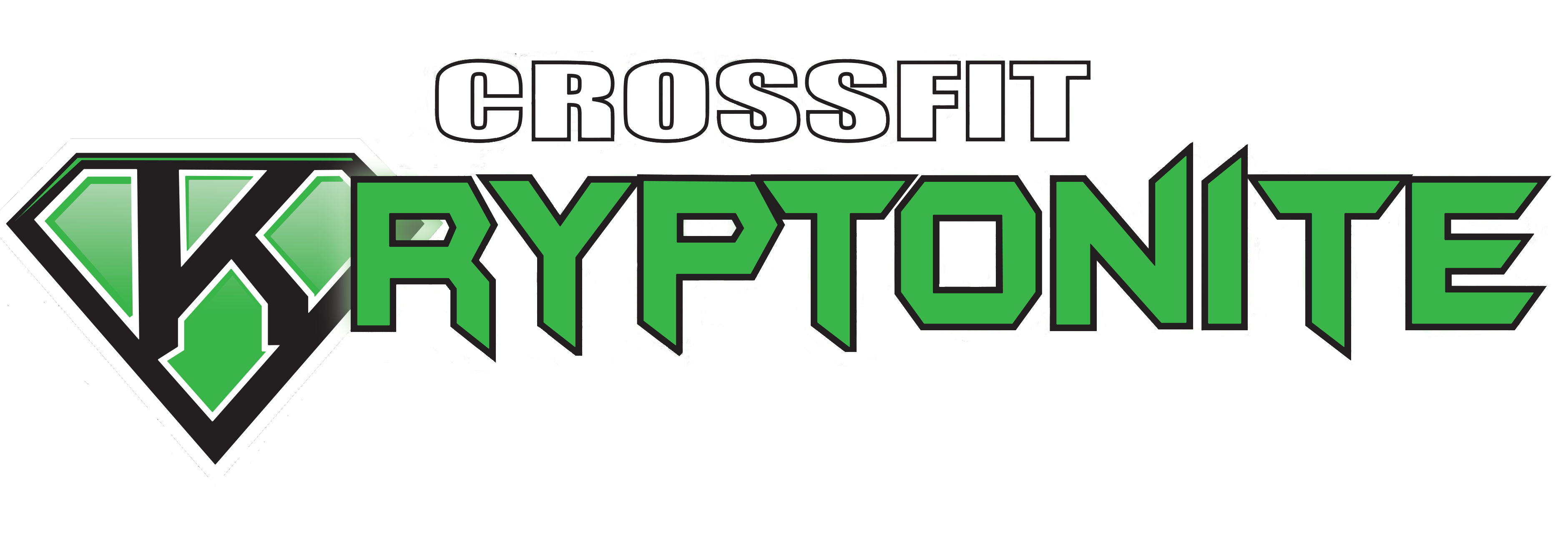Friday, 5-4-12
Training on an Empty Stomach
People often ask if it is alright to train on an empty stomach. This is a common issue for anyone who needs to get to the gym early in the morning. Eating a breakfast of solid foods such as eggs, veggies, and maybe some fruit before a 6am workout can be difficult, if not impossible, for many people. You’ll have to be up early to prepare breakfast, eat, allow adequate time for digestion and get to the gym for your training session. Even if you prepare food ahead of time, many people don’t have much of an appetite upon waking. Of course, this doesn’t just apply to people who train early in the morning. If you are coming to one of the evening workout sessions, it’s likely the last meal you had was lunch. 4 to 6 hours without food is enough to leave you in a partially fasted state which can negatively impact your ability to perform your best in the gym. Nonetheless, skipping meals isn’t a good idea and today I’ll discuss a few reasons why you should reconsider training on an empty tank.
A study published in the American Journal of Clinical Nutrition found that individuals who skipped breakfast had diminished insulin sensitivity as well as increased LDL cholesterol [1]. Insulin sensitivity is important for proper nutrient uptake and long-term health as severely impaired insulin sensitivity can result in insulin resistance which is a risk factor for cornary artery disease, stroke, and type 2 diabetes. High LDL cholesterol, or “bad” cholesterol, is a risk factor for arteriosclerosis, hypertension, stroke, as well as other cardiovascular health issues.
In addition to improving your long-term health, your athletic performance and body composition can be greatly improved with proper pre- and post-workout nutrition. In a study published in Medicine & Science in Sports & Exercise, researchers found that subjects who consumed a protein shake before and after resistance exercise experienced greater gains in lean body mass and increased 1RM strength over those who did not [2]. Another recently published study found that consumption of whey protein before heavy resistance training actually resulted in an increase in resting energy expenditure the day after training [3]. One group consumed protein only before their training sessions and the other group consumed an equivalent amount of only carbohydrates, the protein only group had significantly higher resting energy expenditures 24 hours after their training session. Furthermore, the American College of Sports Medicine has presented research that suggests pre-workout protein intake can be even more effective for recovery than a post-workout protein shake alone. In other words, consuming a proper pre-workout meal can help increase your strength, improve recovery, as well as boost the amount of calories you burn at rest for up to a day after training which can help facilitate reduced body fat and improved body composition.
Another study published in the Journal of Strength and Conditioning Research found that a placebo group had significantly higher levels of cortisol, myoglobin, and creatine phosphokinase (CPK) after exercise compared to those who consumed a protein and carbohydrate mixture [4]. High blood levels of myoglobin and CPK are most commonly indicative of muscle damage. Once myoglobin is in the bloodstream, it needs to be filtered by the kidneys. In severe cases, this can result in a condition known as rhabdomyolysis which can lead to acute kidney failure. This suggests that consuming some protein and carbohydrate prior to your training session can reduce the amount of muscle damage caused by intense exercise. As a result, this will allow for more intense training sessions and less recovery time needed between training days.
If you find yourself heading to training sessions on an empty stomach, I recommend consuming either a solid pre-workout meal of protein and carbohydrates 30 to 60 minutes prior to your workout or a protein shake 15 to 30 minutes prior. If you prefer training in a fasted state, I still recommend consuming some quality protein as soon as possible after your workout in order to improve recovery. An easy way to get pre- and post-workout meals is to simply drink half a protein shake before you train and the remainder immediately after. Keep in mind, pre-workout supplementation can be highly variable between people so I recommend experimenting to see what works best for you. Combined with a good nutritional plan, you’ll recover faster, get stronger, and be leaner. If you aren’t sure on how to implement this approach into your current training, feel free to schedule a consultation with one of your Invictus coaches.
References:
1. Hamid R Farshchi, Moira A Taylor and Ian A Macdonald. Deleterious effects of omitting breakfast on insulin sensitivity and fasting lipid profiles in healthy lean women. Am J Clin Nutr. 2005.
2. Cribb, Paul J., Hayes, Alan. Effects of Supplement Timing and Resistance Exercise on Skeletal Muscle Hypertrophy. Med Sci Sports Exerc. 2006.
3. Hackney KJ, Bruenger AJ, Lemmer JT. Timing protein intake increases energy expenditure 24 h after resistance training. Med Sci Sports Exerc. 2010.
4. Baty, J.J., H. Hwang, Z. Ding, J.R. Bernard, B.Wang, B. Kwon, and J.L. Ivy. The effect of a carbohydrate and protein supplement on resistance exercise performance, hormonal response, and muscle damage. J. Strength Cond. Res. 2007.
Strength: Oly Lift WOD – Please try to start @ 10 mins past the hour.
Power Snatch – 65% 3×2, 70% 3×2
Power Clean + Power Jerk – 65% (of PC) 3×2, 70% 3×2
Snatch High-Pull – 70% (of snatch) x3x3
For Time:
5 sets; no rest:
8 c2b pull-ups
8 ring push-ups
